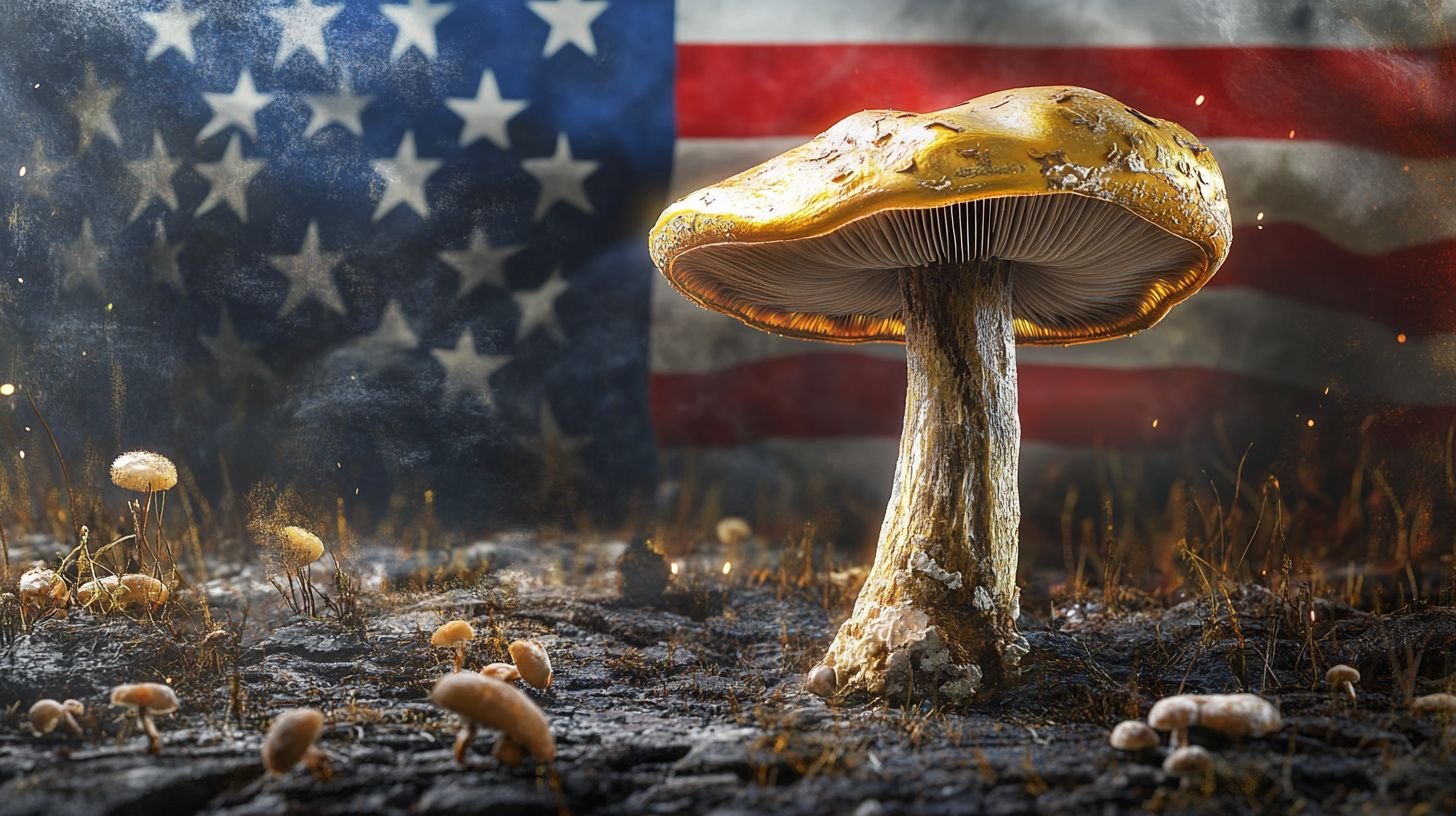In the United States, the study of psilocybin mushrooms has seen a remarkable surge in recent years. As researchers continue to investigate the therapeutic potential of psilocybin, there has been a growing interest in how these natural compounds could revolutionize treatments for mental health conditions such as depression, PTSD, and anxiety. The promise of psilocybin to aid in neuroplasticity and emotional healing has sparked an exciting wave of research, with universities and independent scientists leading the charge.
As part of this growing interest, the demand for magic mushroom spores United States has significantly increased. These spores play a vital role in scientific research, enabling researchers to better understand the genetics and growth patterns of various psilocybin-containing mushroom strains, like Psilocybe cubensis. By studying these spores, scientists are unlocking the potential of these mushrooms to offer alternative therapies in the mental health field.
One key supporter of mycology research in the United States is Mushly, a company well-known for its dedication to supporting researchers exploring the world of psilocybin mushrooms. Mushly provides access to high-quality spores and offers valuable resources for those conducting in-depth studies into the effects of these fascinating fungi. Through their efforts, Mushly has become a trusted partner for scientists aiming to push the boundaries of psilocybin research, helping to drive forward the understanding of psilocybin’s therapeutic possibilities.
As interest in psilocybin mushrooms continues to rise, the United States is positioned as a global leader in the research and development of these natural compounds. With companies like Mushly supporting scientific studies and providing essential materials, researchers are now able to explore the full potential of psilocybin in treating various mental health conditions. The future of psilocybin research in the United States looks bright, with ongoing studies promising groundbreaking discoveries that could reshape the mental health landscape.



